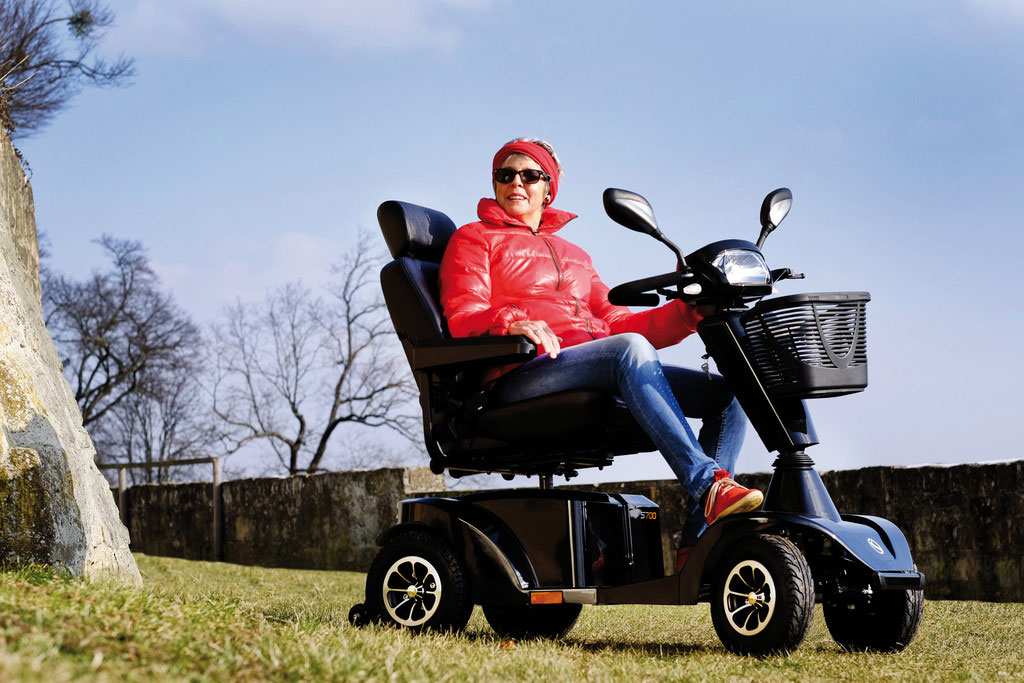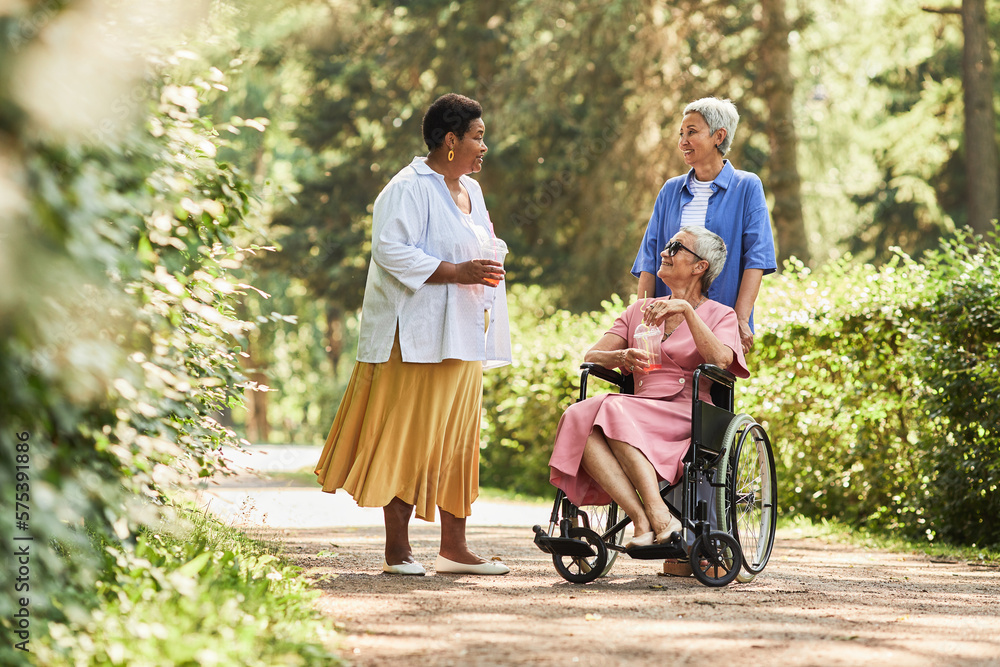The question is it dangerous for elderly to fly often arises as families and healthcare providers consider vacation plans or necessary travel for elderly loved ones. With advancing age, concerns such as health, safety, and comfort become significant when planning air travel. In this article, we’ll delve into whether flying is indeed perilous for seniors and how to mitigate any associated risks.
Flying can be a delightful experience. However, for the elderly, it can also pose unique challenges that require careful consideration and planning. Understanding the potential hazards and knowing how to address them is crucial for ensuring a safe journey.

Understanding Risks Associated with Elderly Air Travel
Health Concerns
One of the primary issues with air travel for seniors is health concerns. Conditions such as heart disease, respiratory issues, and mobility problems can be exacerbated by the high altitudes and pressure changes experienced during a flight. It’s essential to consult with a healthcare provider well in advance of travel to ensure all medical aspects are covered.
Mobility and Accessibility
Mobility issues are another critical factor to consider. Airports and airplanes are not always senior-friendly environments. Navigating long distances or narrow airplane aisles can be challenging. Airports like those in major cities often provide services like wheelchairs and electric carts, which can be extremely helpful.
Preparing for the Journey
Get Medical Clearance
Before flying, seniors should obtain clearance from their healthcare provider. This should include a review of current medications, which may need adjustment due to time zone changes and flight duration. Important medical documents and prescriptions should be kept handy in carry-on luggage.
Plan for Comfort
Booking a comfortable seat with extra legroom, if possible, and packing essential comfort items such as neck pillows, blankets, and sleep masks can greatly enhance the travel experience. Staying hydrated is crucial since the air inside planes is quite dry.
Consider Travel Insurance
Travel insurance can offer peace of mind, providing coverage for unforeseen circumstances like cancellations or medical emergencies. This can be especially reassuring for those with existing medical conditions.
On the Day of Travel
Arrive Early
Arriving early at the airport can reduce stress levels and allow for a more relaxed check-in and security process. This is especially important for seniors who may require additional assistance or time to navigate through the airport.
Stay Active
During the flight, it’s beneficial for elderly passengers to move around whenever possible to prevent deep vein thrombosis, which elderly individuals are more susceptible to. Light stretching exercises in the seat can also help maintain circulation.
Mitigating Risks Associated with Air Travel
Choose Direct Flights
Whenever possible, opt for direct flights to minimize the strain of long layovers and additional flights. Direct flights can also reduce the risk of missed connections or lost luggage.
Access to Essential Medical Equipment
Ensure that necessary medical devices such as oxygen tanks or diabetic supplies are organized ahead of time with the airline. Airlines often require notice for certain medical equipment to be used aboard a flight.
Post-Arrival Considerations
Plan for Recovery Time
Consider scheduling relaxed activities or allowing a day for recovery post-arrival to help the body adjust to time changes and reduce fatigue.
Evaluate the Travel Experience
Post-travel, take the time to assess what worked well and what could be improved. This feedback can help refine future travel plans, making them even more enjoyable and stress-free.
Reengage Routine Medical Checks
After the trip, it’s wise to follow up with routine check-ups to ensure that travel hasnt adversely affected any ongoing health issues.
External Resources for Safe Travel
Consider visiting [8 Ways to Provide Better Home Care for Your Elderly Loved Ones](https://ninkatec.com/8-ways-to-provide-better-home-care-for-your-elderly-loved-ones/) for additional tips on maintaining well-being during travels.
Internal Resources to Consider
For more insights on elderly care, consider reading [How to Cut Elderly Toenails](https://productsseniorslike.com/how-to-cut-elderly-toenails/), or explore strategies for maintaining balance as shared in What Causes Balance Problems in the Elderly?.

FAQs
1. How can elderly passengers ensure comfort during long flights?
Booking extra legroom, staying hydrated, and moving around periodically are effective ways to enhance comfort for elderly passengers on lengthy journeys.
2. What precautions should elderly take when flying with heart issues?
It’s critical to seek medical clearance beforehand, bring necessary medications, and ensure access to emergency medical information during the flight.
3. Are there airlines better suited for elderly travelers?
Several airlines offer enhanced services for seniors, including early boarding, wheelchair access, and special seating arrangements. Checking with individual airlines can offer specific details on available services.
This article contains affiliate links. We may earn a commission at no extra cost to you.

